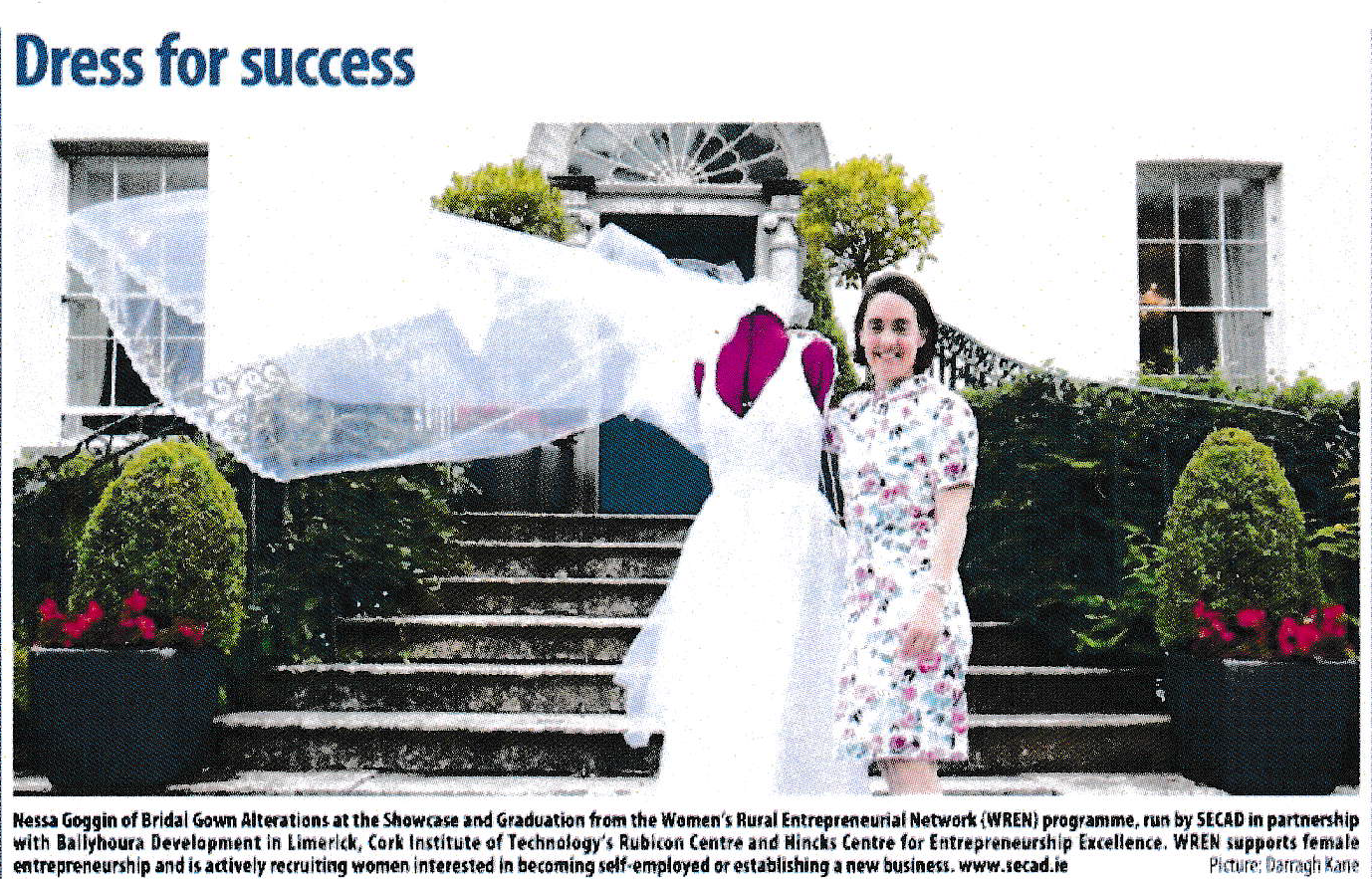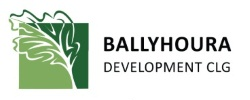The Best Way to Predict the Future is to Create it
Women's Rural Entrepreneurship Network
WREN, the Women’s Rural Entrepreneurship Network, was launched in 2017 for two years. The aim of the project was to promote entrepreneurial skills among women in Cork and Limerick rural areas through developing networks and providing training. The programme was designed to support those with business ideas and/or wanted to become self-employed or who were already in the early stages of business development.
The Irish Government co-funded the programme through the Department of Justice and Equality and the European Social Fund as part of the ESF Programme for Employability, Inclusion and Learning (PEIL) 2014 - 2020 to promote entrepreneurial skills and business start-up amongst women in the region.
Cork Institute of Technology (CIT) designed and validated a Special Purpose Award (SPA) in Enterprise Development, Level 6 (20 ECTS credits*) specifically for the WREN project. As academic lead, the Hincks Centre worked closely with the Rubicon Centre, CIT’s Centre for Technology Enhanced Learning, SECAD Partnership CLG (project organisers) and Ballyhoura Development CLG to design and deliver the programme and assess participants. The programme was also designed in consultation with industry and community and government stakeholders under the PEIL programme.

WREN Graduate Nessa Goggin of Bridal Gown Alterations as seen in the Irish Examiner, 20.06.18
In total, WREN was delivered to four cohorts of women living in rural areas of Cork and Limerick via weekly workshop/lecture style sessions, online learning, as well as group and one-to-one mentoring. The participants also received advice from organisations, enterprise support agencies and female role models.
The programme allowed participants the opportunity to focus on their business idea in a structured group environment, with the addition of a third-level qualification on successful completion of the programme and assessments. With a strong focus on personal development, the programme also contained a balance of summative and as well as formative assessment instruments throughout each of the four modules. As a result, performance was constantly monitored and feedback was provided at an opportune time to incorporate into subsequent assessment activities.
The accredited, four module Special Purpose Award in Enterprise Development was delivered over two semesters and comprised:
- Business Personal Development (5 ECTS) Semester 1
- Business Feasibility Study (5 ECTS) Semesters 1 & 2
- Finance for New Business (5 ECTS) Semester 2
- Micro Business Planning (5 ECTS) Semester 2
* ECTS: European Commission’s Credit Transfer and Accumulation System designed to make it easier for students to move between countries and to have their academic qualifications and study periods abroad recognised.


![]()


